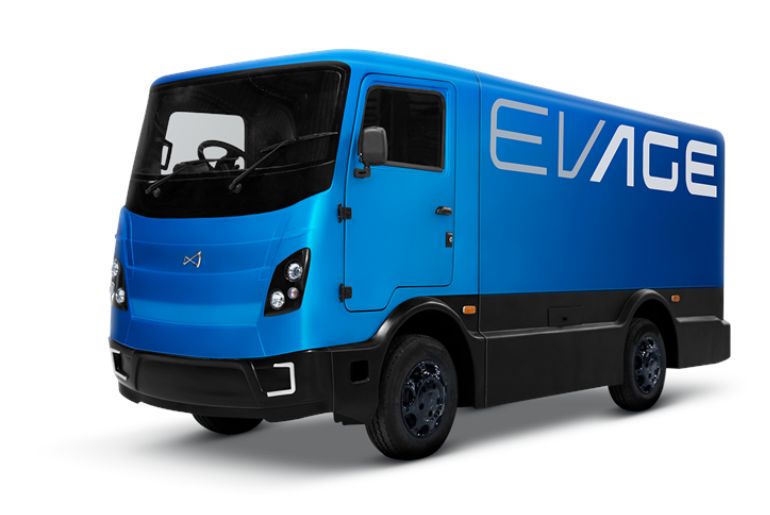By CY2035, EVage Motors hopes to have up to a 30% market share. By then, it anticipates that the category will have doubled to one million units in India.
Over the next ten years, the business projects an 8% CAGR for the LCV segment, when it anticipates EVs to account for 15% to 20% of the market. E-LCVs have a great deal of promise to provide sustainable last-mile delivery solutions, but adoption is now hampered by issues with EV finance, a lackluster charging infrastructure, and low resale value.
According to Inderveer Singh Panesar, founder and CEO, EVage Motors, “One cannot disregard these constraints that continue to be there and, therefore, a 15-20% penetration level is a realistic expectation. Moreover, government support and how fleet operators react to the market dynamics will determine the EV penetration in this category.”
EVage Motors, however, is confident about its market potential as the company’s maiden product – the FR8 1-ton small commercial vehicle – which was launched in CY2012, claims to offer a net-positive TCO, while also promising high resale value, even without factoring in subsidies. The company says its vehicle has been deployed in the Amazon fleet in Mohali since the last two years, and allows fleet operators to maximise vehicle utilisation owing to the 20-minute fast-charging capability it offers.
Inderveer Singh Panesar: “What gives us an edge is an advanced battery that offers over 100km range on a single charge, 20-minute quick fast charging, high volumetric density of the cargo area, and longer life.”
Three-pronged product differentiation strategy
“We are adopting a three-pronged product differentiation strategy to stand out from the competition and offer value for our customers. An advanced battery that offers over 100km range on a single charge, high volumetric density of the cargo area, and longer life, are the main attributes that give us an edge,” Singh pointed out.
The FR8 deploys a 15kWh lithium-titanium-oxide type battery pack that is packaged in-house at the company’s 2,000-unit-annual-capacity plant in Mohali, with the cells being sourced from Toshiba, in Japan. The battery offers around 100km range on a single charge, and with fast charging ability, enables fleet operators to minimise downtime.
Moreover, the payload capacity and cargo design allow more goods to be carried and delivered in a single trip, compared to some internal-combustion-engine-powered counterparts. “Fleet operators are smart to understand these metrics and choose our product,” Singh said, who also explained that EVage Motors owns the IP on the powertrain, battery, and vehicle control software, which is all developed in-house as a full stack. The company also recently partnered UK-based DG Innovate to locally manufacture the latter’s e-drivetrain in India.

